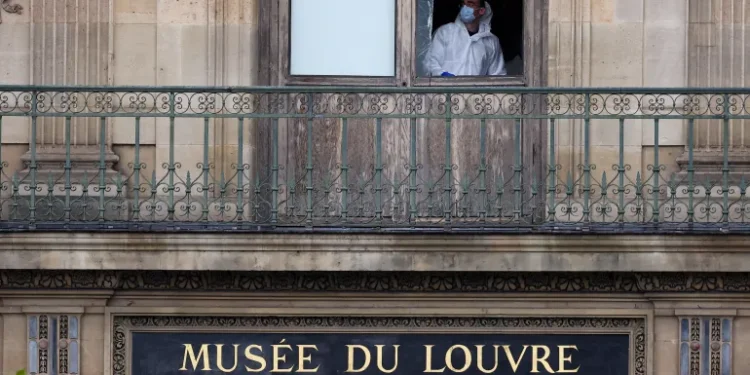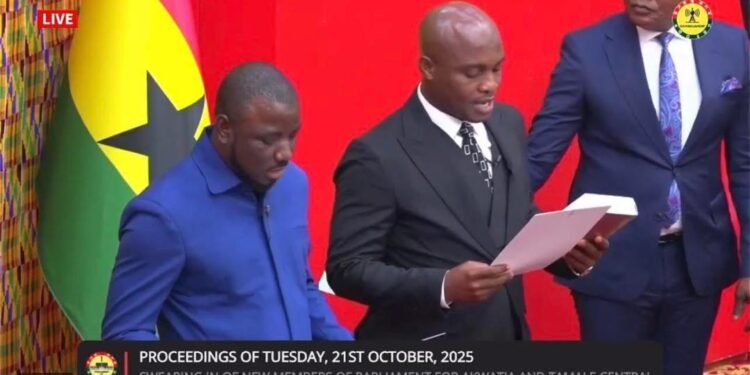As Somalia celebrates its 65th Independence Day, the African Union Commission has extended warm congratulations, recognizing the enduring resilience, unity, and national pride that mark this historic occasion.
In a message addressed to the Government and people of Somalia, the Chairperson of the African Union Commission, H.E. Mahmoud Ali Youssouf, hailed the country’s journey since independence as a testament to the determination and courage of its people.
“As you commemorate this important milestone, I pay tribute to the generations of Somalis whose sacrifices made this day possible. I reaffirm the African Union’s enduring solidarity with Somalia as you continue to advance your national priorities.”
H.E. Mahmoud Ali Youssouf
The Chairperson emphasized the symbolism of July 1, 1960, a date that brought together the former British Somaliland and the Trust Territory of Somaliland (formerly Italian Somaliland) to form the Somali Republic. The unification represented a collective aspiration to break free from colonial rule and build a sovereign, democratic nation.
“May this Independence Day renew the spirit of unity among the Somali people and inspire a new generation to carry forward the legacy of those whose vision and bravery secured independence.”
H.E. Mahmoud Ali Youssouf

Somalia’s Independence Journey
Somalia’s road to independence began with the unrelenting efforts of nationalist leaders and movements like the Somali Youth League (SYL), which emerged in 1943 as a platform for unifying the country’s diverse clans under a single national identity.
Founded in Mogadishu by 13 young intellectuals from major clans, including the Majerteen, Abgaal, Tunni, and Reer Xamar, the SYL campaigned against colonialism, tribal divisions, and illiteracy while advocating for a Greater Somalia that encompassed all Somali-speaking regions across the Horn of Africa.
The SYL’s strategic leadership laid the groundwork for Somalia’s first democratic transition. After gaining independence in June and July of 1960, Somalia conducted its first general election, which resulted in the selection of Aden Abdullah Osman Daar as the first President of the Somali Republic.
The early years of independence were marked by hope and ambition. The newly formed government initiated reforms aimed at consolidating national unity and developing state institutions. However, Somalia’s post-independence narrative was also defined by major hurdles. Colonial-imposed borders left sizable Somali populations in neighboring countries, particularly Ethiopia, Kenya, and Djibouti. These divisions fed into nationalist aspirations for Greater Somalia, which contributed to conflicts such as the Ogaden War against Ethiopia in the late 1970s.
After President Abdirashid Ali Shermarke’s assassination in 1969, General Siad Barre seized power in a coup. Initially hailed for bold initiatives like mass literacy campaigns and nationwide infrastructure development, his rule became increasingly autocratic. Deepening clan divisions and external pressures culminated in civil unrest and the eventual collapse of the central government in the early 1990s.
The years that followed saw Somalia plunge into prolonged instability. With the central authority eroded, regions such as Somaliland declared independence—though not internationally recognized—while other parts of the country were divided among competing factions and militias. Despite ongoing insecurity and political fragmentation, Somalia has continued to show resilience and commitment to national recovery.
Today, July 1, remains a powerful reminder of Somalia’s origins and the collective dream of a united nation. Celebrations across the country are filled with pride, not only for the past sacrifices but also for the aspirations of future generations. Somalia’s Independence Day symbolizes the people’s perseverance, their fight for self-determination, and the ongoing journey toward stability, development, and peace.
As Somalia looks ahead, the legacy of its founding fathers and the enduring spirit of unity continue to inspire efforts to rebuild the nation and reclaim its role on the African and global stage.
READ ALSO: President Mahama Urged to Watch Appointee Performance Closely























